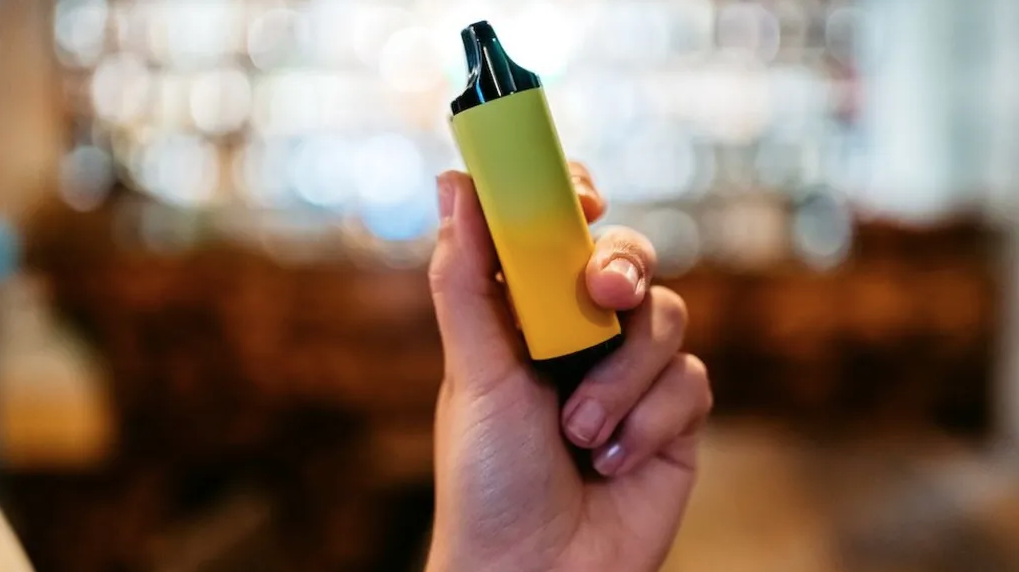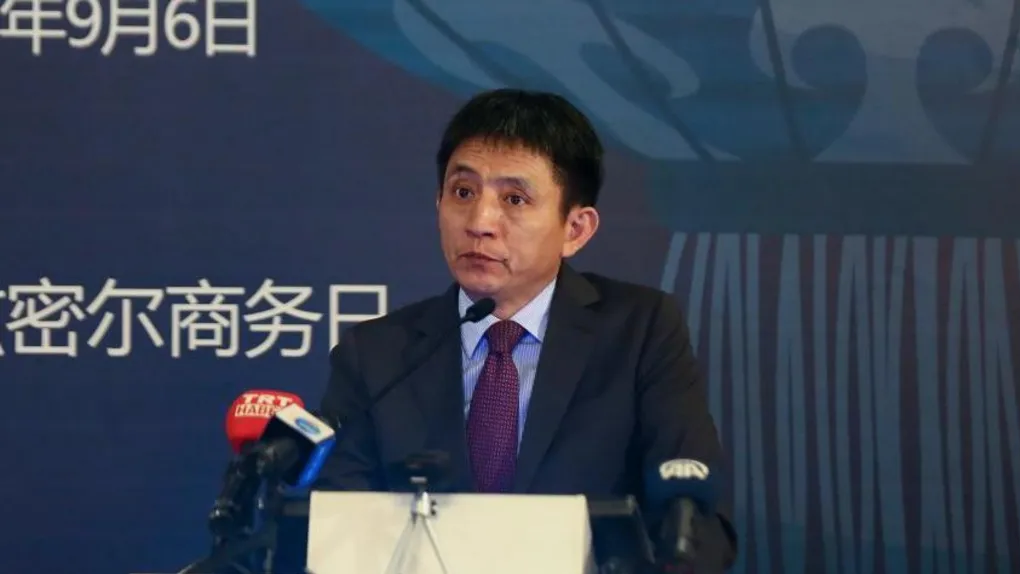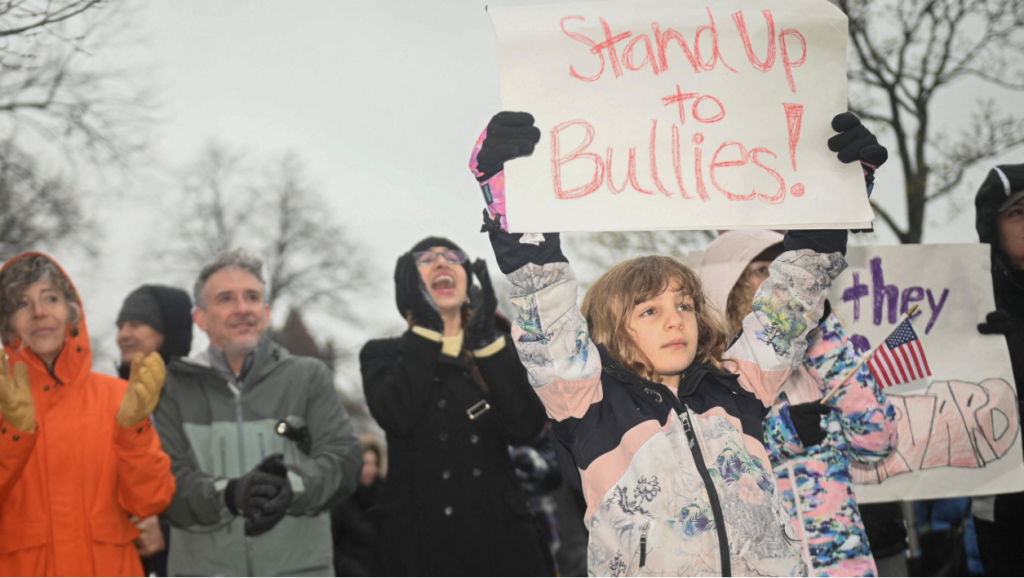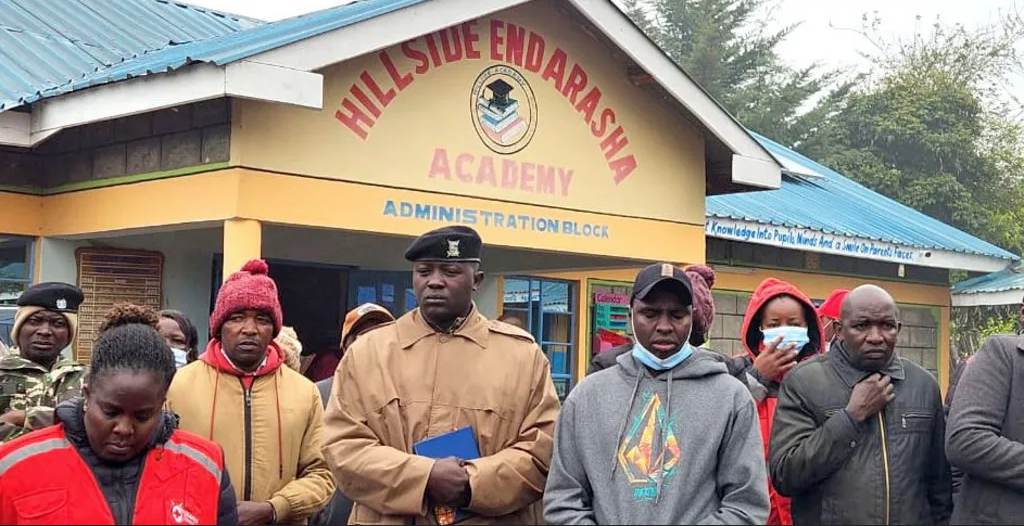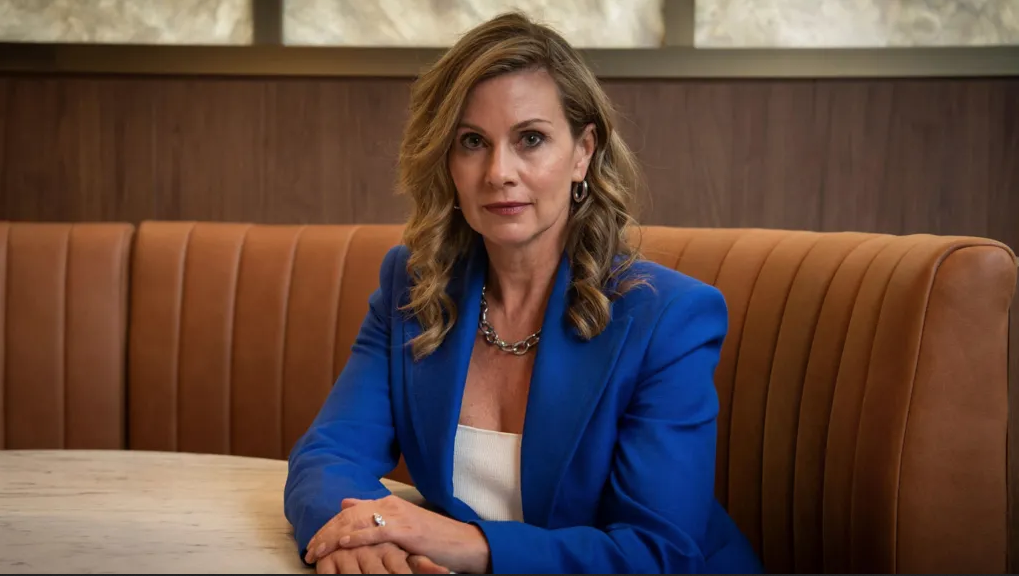Trump says Musk could head ‘government efficiency’ force
Written by BBC on September 6, 2024
Donald Trump said he would enlist Elon Musk to run a “government efficiency commission” if he wins a second term as US president.
Speaking to the Economic Club of New York on Thursday, Trump said the X owner had agreed to head a task force to conduct a “complete financial and performance audit of the entire federal government” and make “recommendations for drastic reforms.”
The two men have alluded to the idea for several weeks, but Thursday’s comments were Trump’s most direct indication yet that he might want Mr Musk to play a role in his potential second administration.
“I look forward to serving America if the opportunity arises,” Mr Musk posted on X on Thursday morning. “No pay, no title, no recognition is needed.”
Asked by the BBC if Trump and Mr Musk had formally agreed on a role on such a commission, campaign senior advisor Brian Hughes said that “It is premature to discuss any prospective personnel in the next administration, but we welcome the enthusiasm and support of Elon Musk.”
The two have not always seen eye-to-eye, but Mr Musk and Trump have recently forged a friendlier public relationship during the 2024 US presidential election.
The controversial tech billionaire endorsed the former president in July, after Trump was shot at a rally in Pennsylvania, and has said he is contributing money to a fundraising group that supports the Republican’s campaign.
“I think we need a government efficiency commission to say like, ‘Hey, where are we spending money that’s sensible. Where is it not sensible?’” Mr Musk said during an online conversation with Trump on 13 August, which he hosted on X. “We need to live within our means.”
A few days later, on 19 August, Mr Musk posted an apparently AI-generated image of himself at a podium labelled “Department of Government Efficiency” and declared in the caption, “I am willing to serve”.
Some internet users appreciated the hypothetical agency name as a joke, as the initials for the proposed task force spell “doge” – a long-running meme featuring a Shiba Inu dog which also inspired the name of a cryptocurrency.
Trump’s New York speech
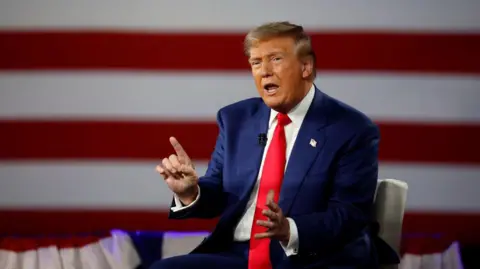
But Trump has indicated he is serious about working with the outspoken SpaceX and Tesla boss should he retake the White House in November.
“When Elon started the conversation with the president, I think the president was very excited that somebody like Elon Musk is so dedicated to America’s future that he would be willing to be a part of something to help the government work more efficiently,” Mr Hughes told reporters on Thursday, according to CNBC.
The former president made his announcement in New York before a high-profile, members-only group of business leaders.
Founded in 1907, the Economics Club of New York has hosted speeches from figures such as US Treasury Secretary Janet Yellen. Trump last addressed the group in 2019, where he received a warm reception.
The former president mostly focused on the economy.
He repeated calls to cut taxes and regulation, open up the Arctic National Wildlife Refuge to oil drilling and said he would raise tariffs to promote US manufacturing – at one point promising to restore auto industry employment to its peak decades ago.
He also proposed an especially low tax rate of 15% for companies that make products in the US, in contrast to the 20% general rate he proposed for companies. His opponent Kamala Harris has suggested a 28% rate.
Trump brushed off concerns that tax cuts might worsen the US budget deficit, saying the US would “make our money back on growth” and proposed creating a national investment fund with money collected from tariffs.
The audience was largely quiet, though many attendees clapped when Trump discussed Mr Musk’s endorsement.
During a question-and-answer session, Trump was asked if he would roll back sanctions to Russia, which he did not specifically address.
He did say, however, that he believes the Biden administration has used the tool too widely in general.
Trump said he prefers to use sanctions for short periods and “as little as possible”, so that countries are not encouraged to seek out international alternatives to the US financial system and the dollar.
